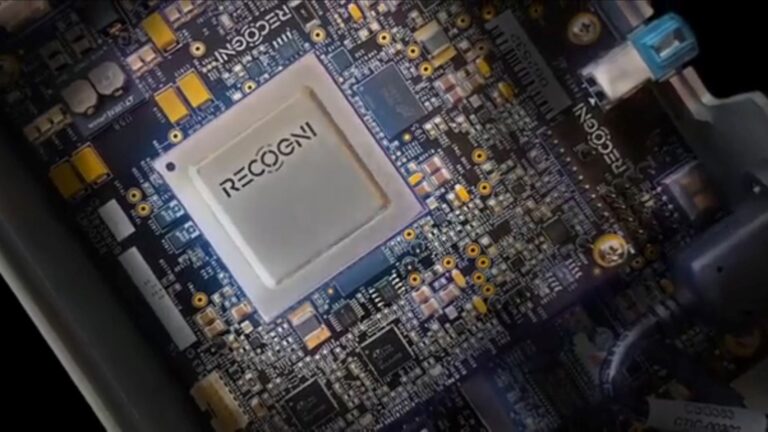Celesta Capital and GreatPoint Ventures led the Series C funding round for the San Jose, California-based startup. HSBC Holdings Plc and Tasaru Mobility Investments, a subsidiary of Saudi Arabia’s national wealth fund, also took part in the round. The company has raised $175 million to date. Recogni did not offer a valuation.
Recogni, founded in 2017, creates chips that enable self-driving cars recognize objects more accurately. However, in recent years, investors have backed away from self-driving car companies due to high-profile flops from prominent industry players.
PitchBook data shows that US autonomous vehicle firms raised $1 billion in 2023, down from $11.2 billion two years earlier.
Recogni appears to have avoided the funding downturn in part by developing an accelerator chip that can be used not only in autonomous systems but also to facilitate the creation of generative AI models, a field of intense interest among investors. However, the business is not given up on driverless vehicles.
“The path to market is much quicker for generative AI,” said Chief Executive Officer Marc Bolitho. “Then, the same architecture will be used for later within automotive and autonomous mobility, as those markets typically have longer development cycles.”
The business plans to use the fresh money to produce and promote its chips. (The startup’s current semiconductor is named Scorpio.) Popular AI chips on the market can be used to train big language models on massive quantities of data while also powering these AI systems.
Recogni’s chip will focus on a more particular stage of the development process known as inference, in which a trained AI model makes predictions based on incoming data. According to Bolitho, the chip operates faster and uses less energy than certain options.
Recogni enters a market dominated by Nvidia Corp. by developing an accelerator processor. Tech titans such as Amazon.com Inc. and Alphabet Inc.’s Google are also developing their own AI chips.
